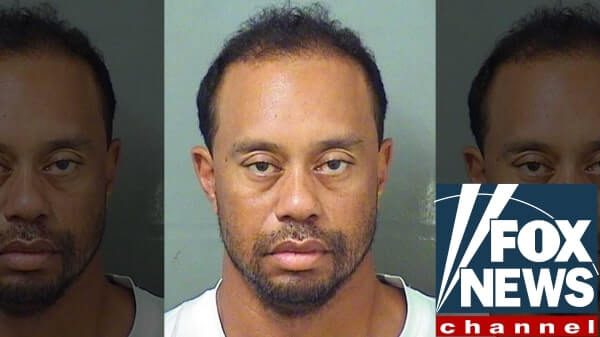LAW FIRM FILES LEGAL PETITION IN BID TO SHUT DOWN NEW YORK CITY’S LIVE ANIMAL MARKETS
A law firm has filed a legal petition to get New York City wet markets shut down. NYC currently has more than 80 licensed live animal markets.
Lawyer Carissa Kranz—founder of BeVeg International Law Firm, a law firm for vegan certification—has filed a legal petition for rulemaking in New York City in an effort to shut down live animal markets.
Nearly 80 licensed live animal markets operate citywide. These markets sell live animals such as hens, goats, ducks, and lambs for human consumption. Customers choose a live animal, which is then slaughtered. A 2008 law prohibited building new live animal markets within 1,500 feet of residencies.
The markets pose a high risk of animal-borne diseases due to crowded, unsanitary conditions. A 2014 Grubstreet article describes one live poultry market in Sunset Park, Brooklyn, as a “small tile-covered shop is strewn with feathers and stacked with cages of birds.”
Kranz, whose firm has offices in NYC, Florida, and Washington, D.C., told CBS12 News that “it’s called a wet market because it is wet with blood, urine, guts, feces.”
According to National Geographic, another explanation is the fact that wet markets sell perishable goods.
Wet markets are distinct from live animal markets. Similar to farmers markets, wet markets also sell fresh fruit, vegetables, meat, and fish. Wild animal meat is rarely on offer, as it was at the Huanan seafood market where experts believe the virus originated.
Kranz said the markets are “hotbeds for contagions” like COVID-19 pandemic.
NYC currently has more than 183,000 confirmed cases of the virus. New York state has more than 333,000. “While New York is the epicenter for the coronavirus right now, the reality is, New York is also a possible epicenter for a relapse or a new contagion to be born,” Kranz said.
Lawmakers Demand Wet Market Ban
Last month, 66 U.S. lawmakers sent a letter to the director-generals of the World Health Organization, the World Organization for Animal Health, and the United Nations demanding a global ban on live animal markets.
“As this pandemic continues to threaten the lives of millions, pushes healthcare systems to the breaking point,” the letter reads, “and devastates economies around the world, it is imperative that we all take action as a global community to protect public health.”
Assemblymember Linda B. Rosenthal and state senator Luis Sepulveda have also introduced legislation to close New York City’s licensed live animal markets. The bill would create a task force of experts to determine whether or not the markets can operate safely.
She told The Independent “Prominent doctors and scientists say that these kinds of markets need to be shut down to forestall a future virus and epidemic from occurring.”
This article was updated on May 10, 2020, to correctly reflect that a legal petition for rulemaking in New York City was filed.
This article originally appeared on LiveKindly
LAW FIRM FILES LEGAL PETITION IN BID TO SHUT DOWN NEW YORK CITY’S LIVE ANIMAL MARKETS
A law firm has filed a legal petition to get New York City wet markets shut down. NYC currently has more than 80 licensed live animal markets.
Lawyer Carissa Kranz—founder of BeVeg International Law Firm, a law firm for vegan certification—has filed a legal petition for rulemaking in New York City in an effort to shut down live animal markets.
Nearly 80 licensed live animal markets operate citywide. These markets sell live animals such as hens, goats, ducks, and lambs for human consumption. Customers choose a live animal, which is then slaughtered. A 2008 law prohibited building new live animal markets within 1,500 feet of residencies.
The markets pose a high risk of animal-borne diseases due to crowded, unsanitary conditions. A 2014 Grubstreet article describes one live poultry market in Sunset Park, Brooklyn, as a “small tile-covered shop is strewn with feathers and stacked with cages of birds.”
Kranz, whose firm has offices in NYC, Florida, and Washington, D.C., told CBS12 News that “it’s called a wet market because it is wet with blood, urine, guts, feces.”
According to National Geographic, another explanation is the fact that wet markets sell perishable goods.
Wet markets are distinct from live animal markets. Similar to farmers markets, wet markets also sell fresh fruit, vegetables, meat, and fish. Wild animal meat is rarely on offer, as it was at the Huanan seafood market where experts believe the virus originated.
Kranz said the markets are “hotbeds for contagions” like COVID-19 pandemic.
NYC currently has more than 183,000 confirmed cases of the virus. New York state has more than 333,000. “While New York is the epicenter for the coronavirus right now, the reality is, New York is also a possible epicenter for a relapse or a new contagion to be born,” Kranz said.
Lawmakers Demand Wet Market Ban
Last month, 66 U.S. lawmakers sent a letter to the director-generals of the World Health Organization, the World Organization for Animal Health, and the United Nations demanding a global ban on live animal markets.
“As this pandemic continues to threaten the lives of millions, pushes healthcare systems to the breaking point,” the letter reads, “and devastates economies around the world, it is imperative that we all take action as a global community to protect public health.”
Assemblymember Linda B. Rosenthal and state senator Luis Sepulveda have also introduced legislation to close New York City’s licensed live animal markets. The bill would create a task force of experts to determine whether or not the markets can operate safely.
She told The Independent “Prominent doctors and scientists say that these kinds of markets need to be shut down to forestall a future virus and epidemic from occurring.”
This article was updated on May 10, 2020, to correctly reflect that a legal petition for rulemaking in New York City was filed.
This article originally appeared on LiveKindly



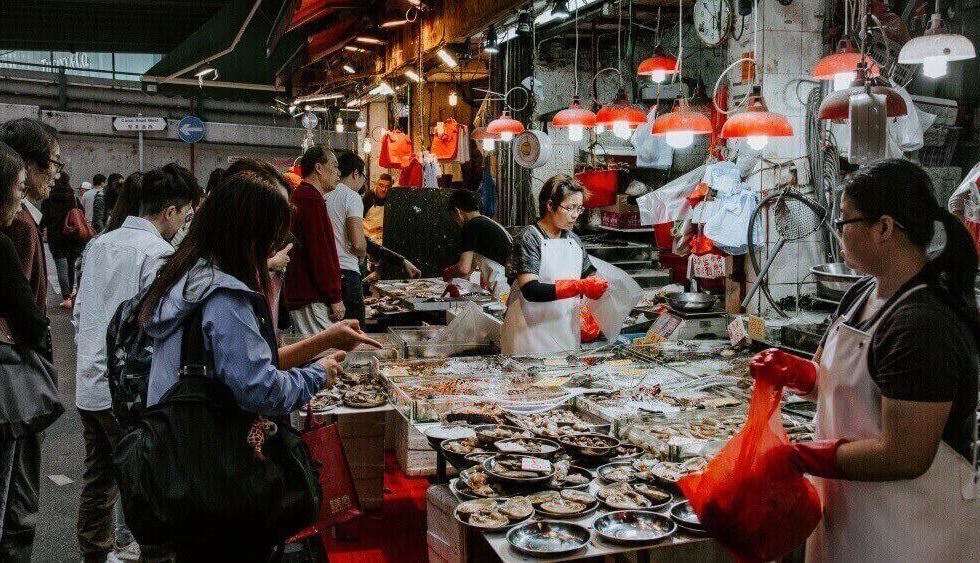
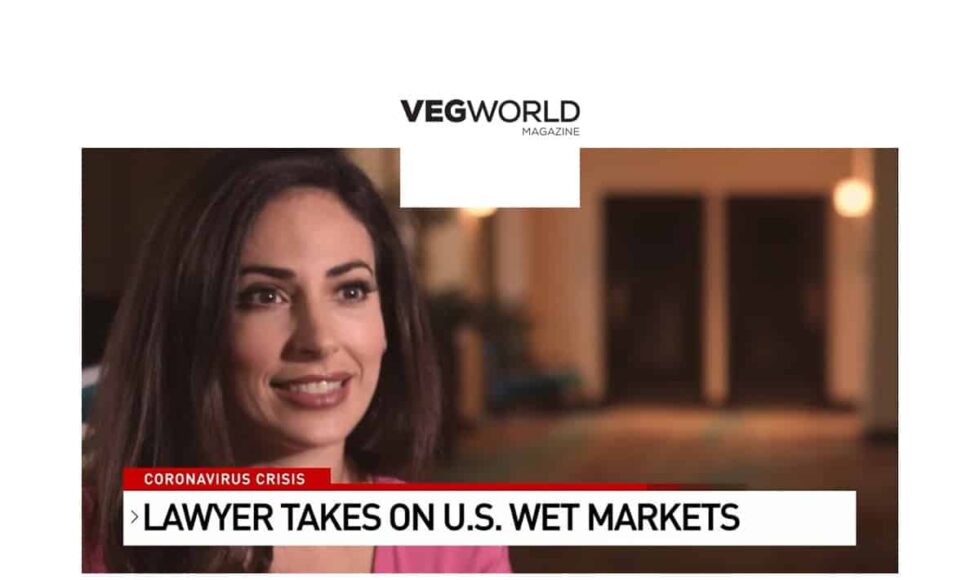


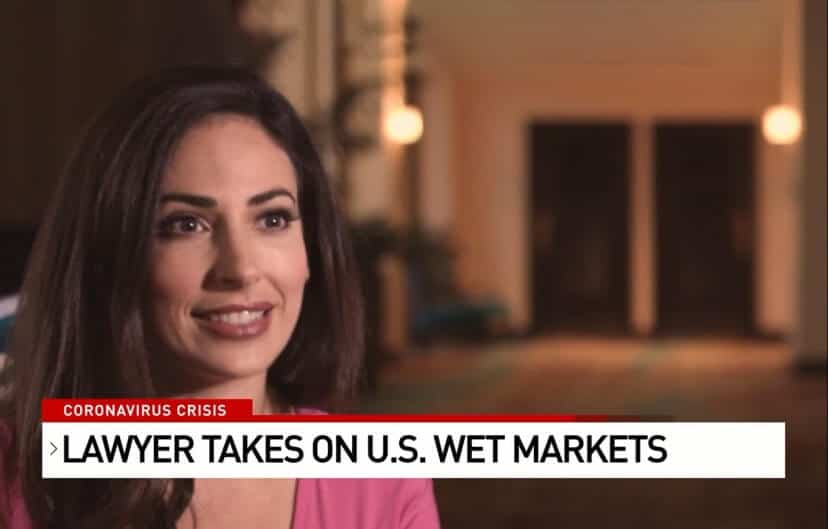
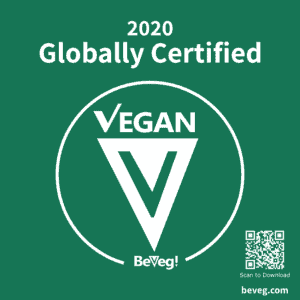



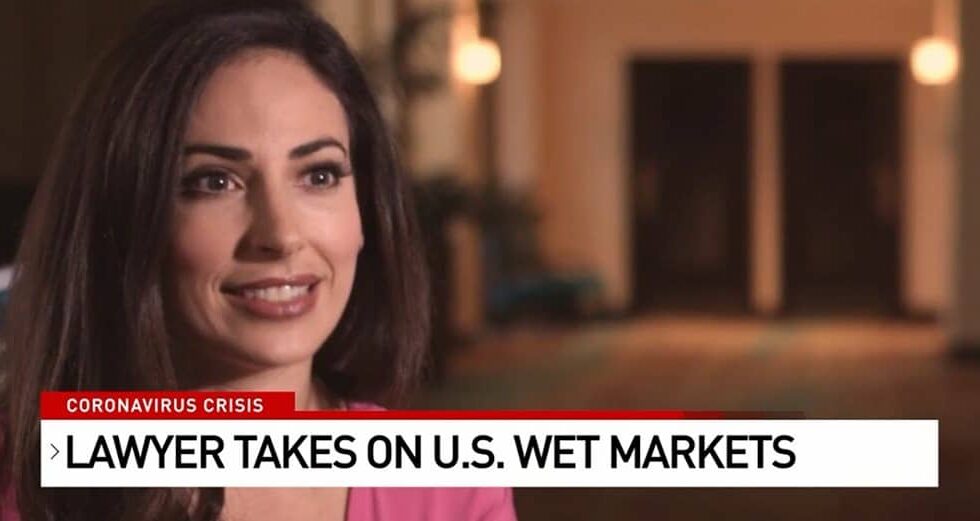


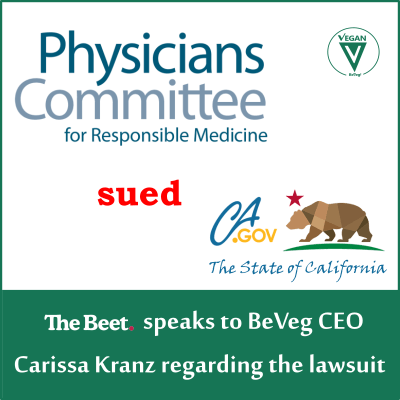
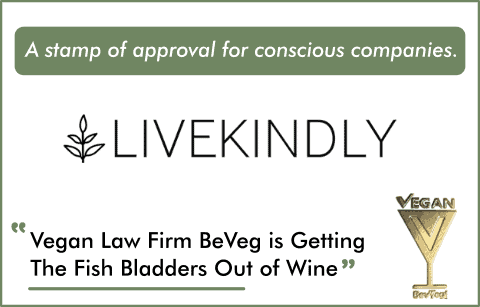
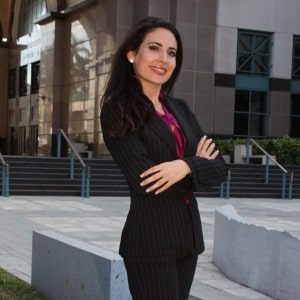

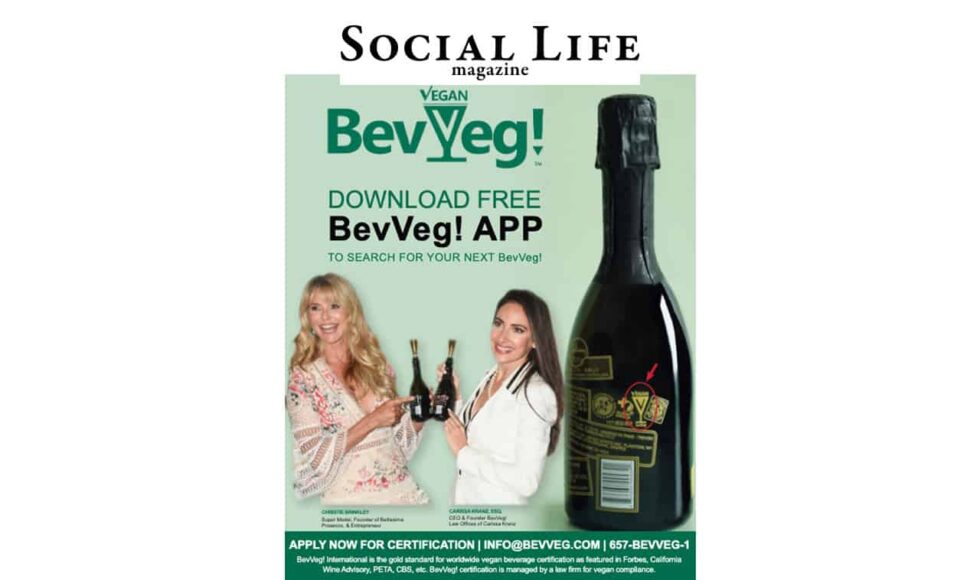
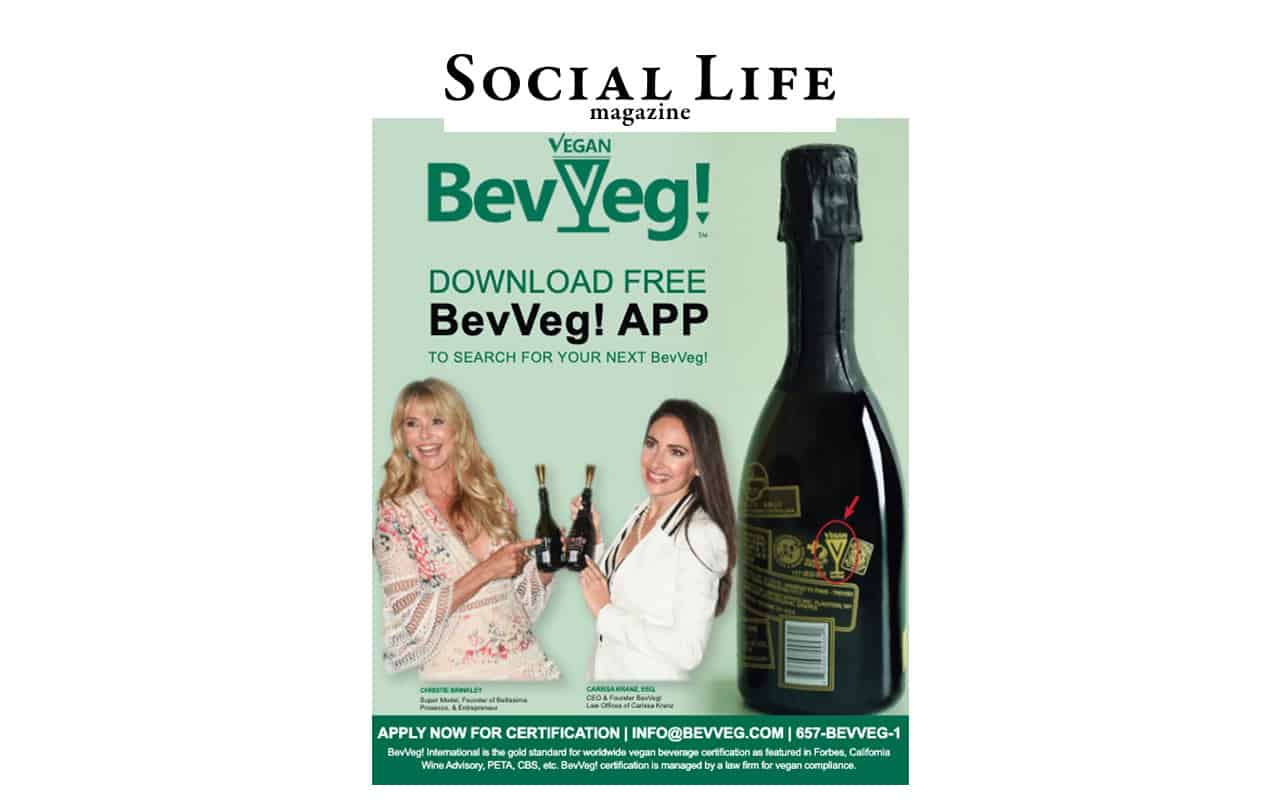 You can read the magazine
You can read the magazine 